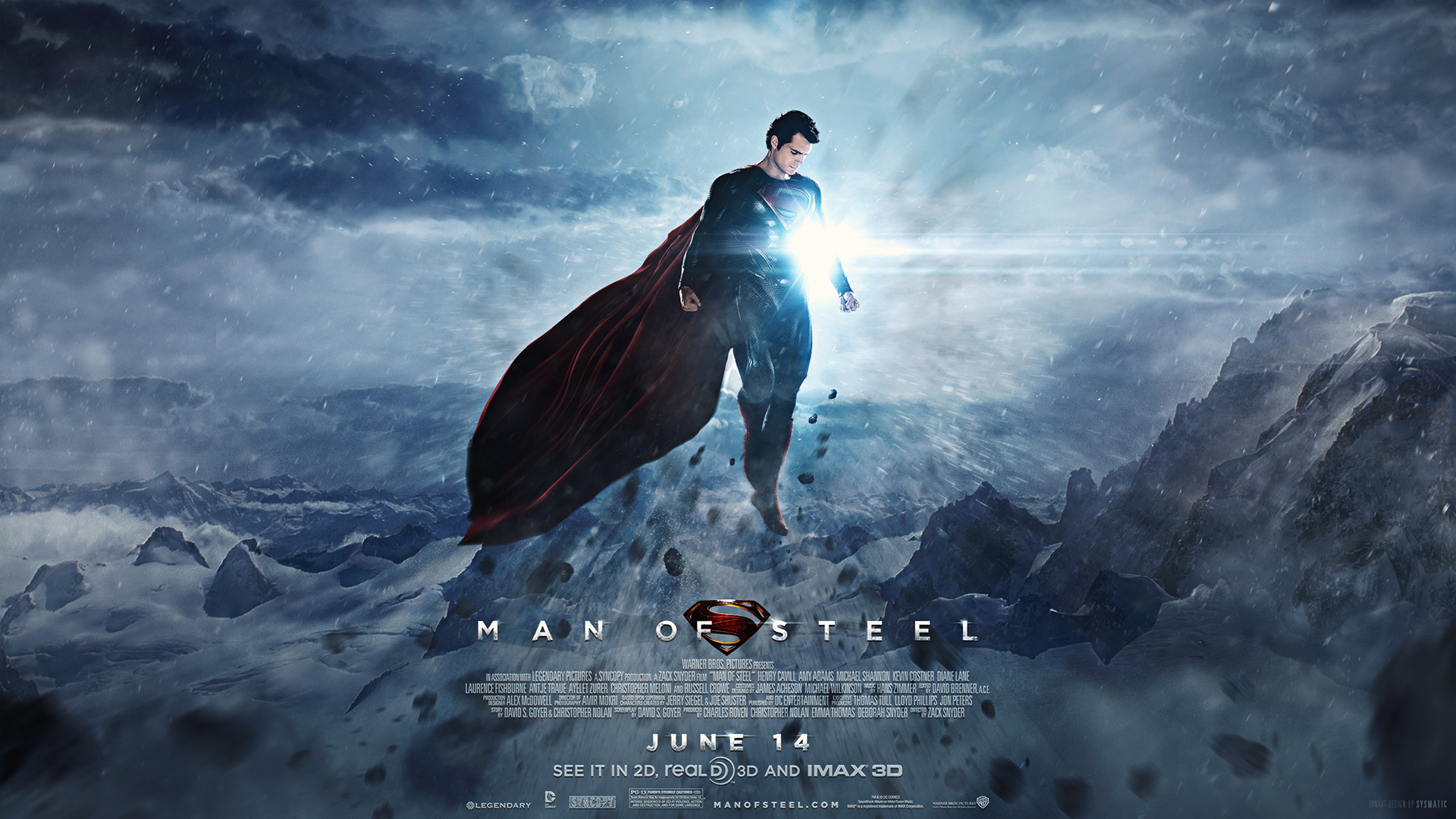 Sunday night of Man of Steel's opening weekend I made the choice to go see it even though I was asked not to.
There is both a long answer and a short answer to why I did that.
Sunday night of Man of Steel's opening weekend I made the choice to go see it even though I was asked not to.
There is both a long answer and a short answer to why I did that.
The VFX Solidarity movement called out to the visual effects artists to hold off on going to see 'Man of Steel' during its first two weeks of release. With all of the commotion in the VFX industry over work conditions, job security, forming a union (or not), etc. somebody came up with the idea that if enough supporters of the hard-working artists withheld from spending money on tickets in those crucial early days, then the effect of reduced box-office numbers would send the message to the studios in Hollywood that "We are mad and we are NOT going to take it anymore!"
Specifically Warner Bros. was the actual target of this protest. Of all of the studios that had movies being worked on by Rhythm & Hues when they went bankrupt, they apparently were the only ones who didn't help finance the VFX company enough to complete their work. Instead they asked for their movie back to give to someone else to work on.
While I am all for taking steps forward to help make the VFX industry better for the artists, the goal of this protest was to raise more public awareness and to wake up Hollywood suits who were unaware (or apathetic) of the incredible strain being put on the artists' lifestyles. At least, it was something to do while everyone was trying to figure out whether or not we should unionize and make a permanent solution. Public awareness is great and all, but my love for going to the theatre and appreciating the sold-out, weekend-opening experience of a movie wins out. To me that's what we are trying to preserve, it's what we are trying to tell people to appreciate. And to give props to the hard-working folks who made it happen.
As for making a large enough dent in the movie's box office? With all of the hype surrounding it, that was incredibly unlikely. If anything, news of the protest may have even served as "negative publicity" and motivated more people to see it. Controversy is the most effective kind of marketing, after all.
It was an interesting idea, but I just didn't see it flying.
And the short answer? It was Father's Day and I could think of no activity my Dad would enjoy more than for his son to take him to see our favourite superhero in an incredible spectacle on-screen. That being said, the movie looked better than amazing, the visual effects were absolutely mesmerizing in AVX 3D, and when we stayed to watch the credits once everyone else had left the theatre (upon being informed by theatre employees that there was no post-credits scene a la Marvel) my old man turned to me and asked me, "Why are we staying to watch the credits?" And I spent a few minutes explaining it to him and helped bring him up to speed on the industry I'm striving to work in. Now that's raising awareness for you.


